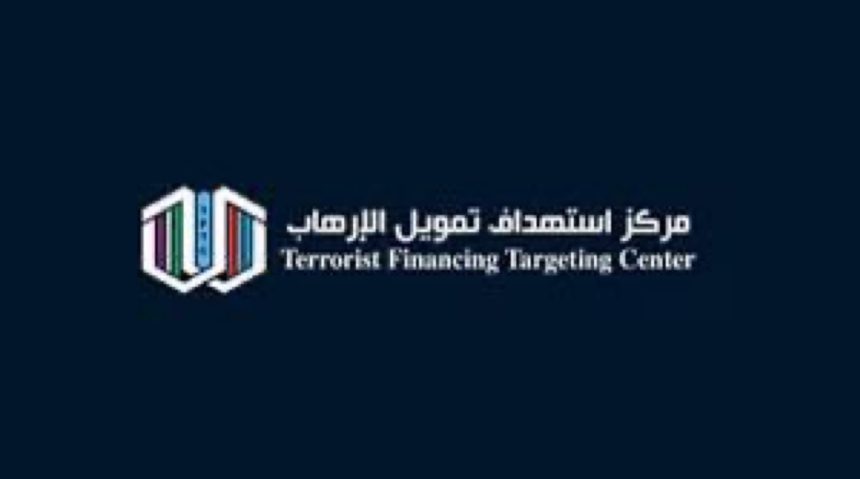RIYADH, (SONNA) – Seven members of the Terrorist Financing Targeting Center (TFTC) announced joint designations of 15 al-Shabaab leaders, operatives, and financial facilitators operating in Somalia. These targets were involved in a wide range of activities in support of al-Shabaab, including fundraising and proliferation of Improvised Explosive Devices (IEDs). This is the eighth round of joint designations by the TFTC.
The TFTC was established in May 2017 to enhance multilateral cooperation against terrorist financing between the United States and the Gulf Cooperation Council (GCC) members: Bahrain, Kuwait, Oman, Qatar, Saudi Arabia, and the United Arab Emirates. The TFTC coordinates joint disruptive actions, including targeted sanctions; exchanges actionable information on terrorist financing networks; and provides capacity-building workshops to strengthen institutional defenses against terrorist financing. Additional information about the TFTC is available on its website.
“Al-Shabaab continues to terrorize and extort the Somali people, forcing farmers to turn over livestock as ‘donations’ and kidnapping civilians, while it destabilizes the wider region through its campaign of violence. Today, the TFTC is acting to deny al-Shabab access to regional and international financial networks to secure funding, coordinate attacks, and enable its violent activities,” said Treasury’s Acting Assistant Secretary for Terrorist Financing, Anna Morris. “TFTC member states are stronger and more effective when working together to counter these shared threats to the international financial system, and we will maintain intensive pressure on terrorist actors and their financial networks.”
In May 2024, the United States designated the following targets for their involvement in a wide range of activities in support of al-Shabaab, including financial facilitation, business activities, collection of funds on behalf of the terrorist group, and the proliferation of IEDs. Today, the United States’ partners in the GCC are taking coordinated action to further disrupt these targets’ access to the international financial system.





